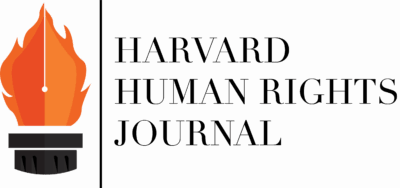Charles W. Gould
INTRODUCTION: A GATHERING STORM
Every year the world witnesses the forces of nature running amok: an earthquake, flood, or hurricane of unusual force devastates a community, capturing the attention of the world. While no one in its path can expect to escape the wrath of such disasters, and wealth is no talisman, disasters especially afflict the poor. About half of those who have been killed by natural disasters from 1994–2003 were inhabitants of low-development countries, with less than 10% coming from high-development countries. Even in developed countries, disasters have a knack of finding the poor and vulnerable.
These victims of natural disasters encounter a host of human rights violations, including “unequal access to assistance; discrimination in aid provision; enforced relocation; sexual and gender-based violence; loss of documentation; recruitment of children into fighting forces; unsafe or involuntary return or resettlement; and issues of property restitution.” Moreover, natural disasters tend to further exacerbate the intractable vulnerability of those who find themselves at the intersection of multiple avenues of historical injustice—women and religion, for example, or minorities and housing. Women, who constitute a high percentage of disaster victims, are disproportionately vulnerable to human rights violations of a general sort as well as to gender-specific violations.5 Indigenous peoples, with historically close associations to their homes and lands, often with tenuous tenure rights, face similar layered challenges.
